China Mobile Ltd, the nation’s largest telecom provider, has reportedly received its first IPTV license, in Guangdong. This might signal the beginning of the end of traditional cable service in the country, which is offered by the State Administration of Radio and Television (SART), industry analysts say.
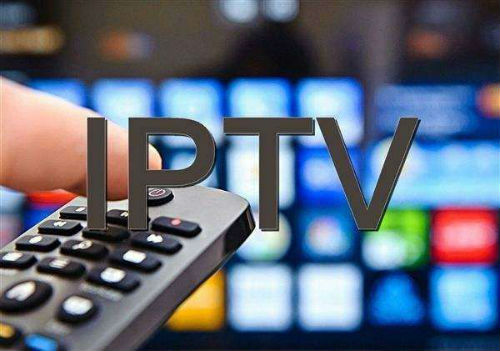
Photo: bbtnews.com.cn
The license is expected to be applied to other regions in China soon, according to the report, published in Beijing Business Today on June 14.
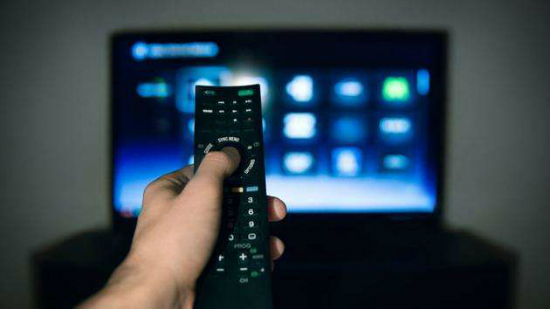
Photos: iresearch.cn
All about timing
IPTV, which delivers television programming and streaming video content over the Internet rather than through traditional cable networks, will play a big role in the future of the three major telecom operators in China.
China Unicom and China Telecom, the second and third largest providers, already have IPTV licences and have been diverting customers from SART.
By the end of 2017, the total number of IPTV subscribers in China reached more than 120 million. Some 92 million were with China Telecom and 28 million with China Unicom.
After years of pilot programs with IPTV, telecom carriers have become a threat to SART’s cable service, according to Jia Jinghua, an expert with Beijing-based industry consultancy iResearch.
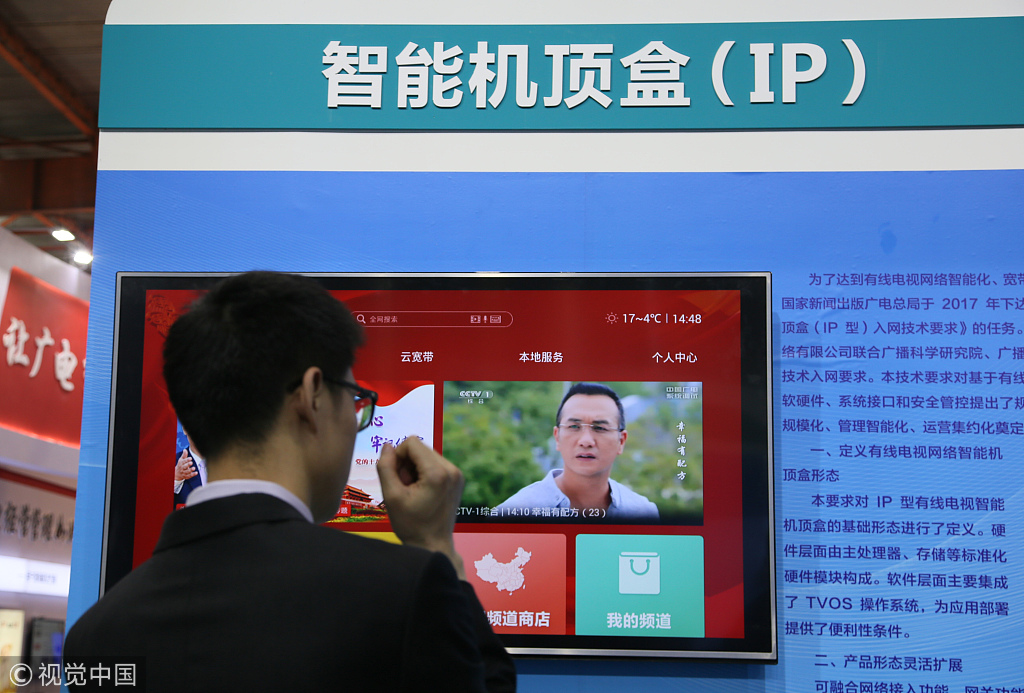
Photos: VCG
Market saturation
China Mobile, without an IPTV license until now, has missed the battle for more users.
China Telecom and China Unicom are already seeing a leveling out of new customers for their IPTV services.
Since the market is already largely saturated, it may be difficult for China Mobile to compete with its two main rivals once it receives IPTV licenses across the nation. However, with IPTV readily available on all three telecom providers, the viability of SART’s cable services will be at great risk.
After all, free IPTV services potentially offered by China Mobile could be a compelling reason for many cable users to stop using SART, Jia predicted in a recent post.
Cable TV appears to be lagging behind in innovation. TV technology is ushering in a 4K era. However, SART’s cable services do not offer high-resolution 4K images. Cable’s poor picture quality and excessive fees are not competitive in the face of the low-cost IPTV services offered by the major operators.
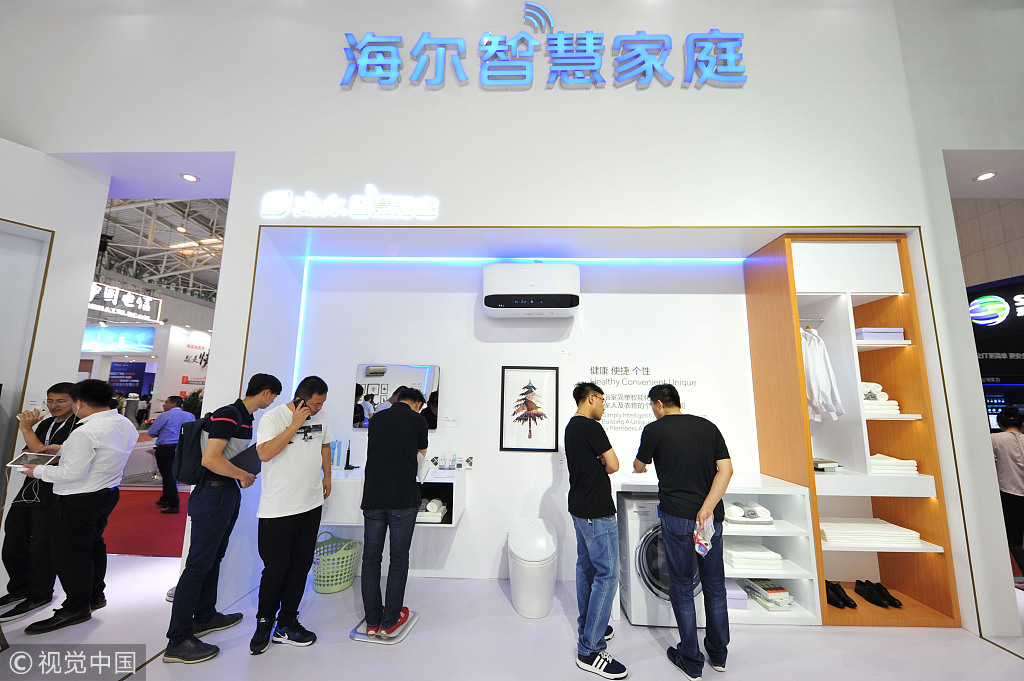
Smart homes
For all three major operators, IPTV is a key factor for smart home solutions. The operators hope IPTV service will make users keep using their other products.
In April, China Mobile was serving 14.41 million broadband subscribers. Its fixed-line broadband subscribers totaled 127 million, according to the company’s operation data. China Mobile’s rapid growth in the broadband market has set up a strong foundation for them to win more market share in the emerging smart home sector.
With its IPTV license, China Mobile's IPTV service will expand explosively. Some new revenue will be generated from mobile broadband users. Other parts of the growth will come from China Unicom and China Telecom. And more growth may come from cable TV users.
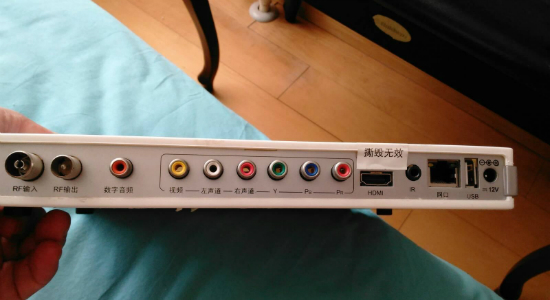
SART at risk
SART has adopted a province-by-province management approach for approving and issuing IPTV transmission service licenses for China Mobile's IPTV business.
Guangdong Mobile is one of the most important branches in China Mobile's nationwide system.
During peak periods, Guangdong Mobile operating revenues account for nearly one-third of China Mobile's total operating revenues.
China Mobile’s newly obtained IPTV license does not necessarily mean threats are to China Unicom or China Telecom.
Rather, the license may signal a tough test for SART, Jia said.


